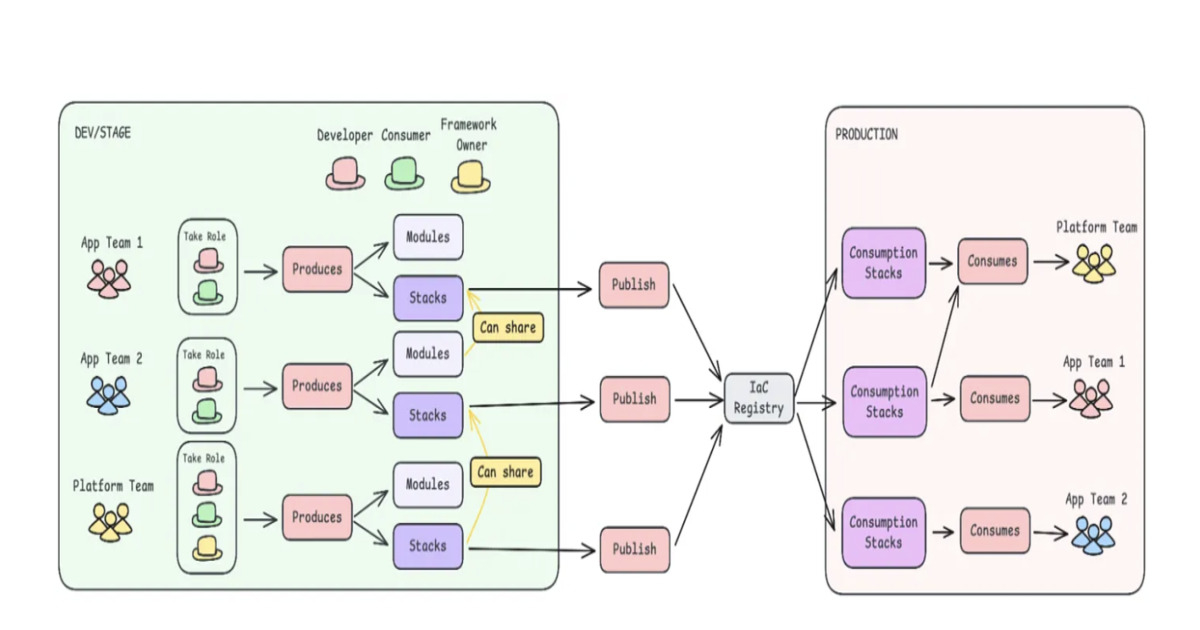Codetown
Codetown ::: a software developer's community
New Quartz-2.1.0 and MySchedule-2.1.2 release is out
Hi there,
I have couple announcements.
First: Do you need Java scheduling? How about try out an easy web based UI with Quartz!
Both myschedule-2.1.2 (for Quartz-2.1.0) and myschedule-1.5.2(for Quartz-1.8.5) releases are available for download here: http://code.google.com/p/myschedule/downloads/list
I have fixed few bugs and improved the UI slightly. Both of these releases should now deployable on Tomcat6, Tomcat7, and JBossAS servers!
Second: Quartz 2.1.0 has been released!
I have become a Quartz committer! In this release, I have helped fixed some bugs, and added a new built-in trigger type: DailyTimeIntervalTrigger. This new trigger will allow you to specify a interval time in either seconds, minutes, or hours interval on each day (Like fire every 72 mins starting at 7am everyday). And the daily start time will be reset each day regardless what time it ended in that day! You may even limit daily ending time too. And you may limit the days to run on certain weekdays only as well. You may see many examples on how this trigger is used here: http://svn.terracotta.org/fisheye/browse/Quartz/trunk/quartz/src/te...
Another feature worthy of note in this release is the "batch" mode is finally working! You may turn this on by using "org.quartz.scheduler.batchTriggerAcquisitionMaxCount" and "org.quartz.scheduler.batchTriggerAcquisitionFireAheadTimeWindow" in your quartz.properties file. See config doc here: http://quartz-scheduler.org/documentation/quartz-2.1.x/configuratio...
Enjoy!
Notes
Welcome to Codetown!
 Codetown is a social network. It's got blogs, forums, groups, personal pages and more! You might think of Codetown as a funky camper van with lots of compartments for your stuff and a great multimedia system, too! Best of all, Codetown has room for all of your friends.
Codetown is a social network. It's got blogs, forums, groups, personal pages and more! You might think of Codetown as a funky camper van with lots of compartments for your stuff and a great multimedia system, too! Best of all, Codetown has room for all of your friends.
Created by Michael Levin Dec 18, 2008 at 6:56pm. Last updated by Michael Levin May 4, 2018.
Looking for Jobs or Staff?
Check out the Codetown Jobs group.
InfoQ Reading List
Presentation: What I Wish I Knew When I Started with Green IT

Ludi Akue discusses how the tech sector’s rising emissions impact our global climate goals. Drawing from her experience as a CTO, she explains seven key lessons for implementing Green IT. She shares insights on LCA assessments, the paradox of microservices, and why FinOps doesn’t always equal green.
By Ludi AkueVue Router 5: File-Based Routing Into Core with No Breaking Changes

Vue Router 5.0 has integrated unplugin-vue-router into its core, enhancing file-based routing and TypeScript support. This transition release boasts no breaking changes, simplifies dependencies, and introduces experimental features like data loaders and improved editor tooling. Ideal for Vue.js developers, it positions itself as a bridge to the upcoming ESM-only version 6.
By Daniel CurtisPodcast: [Video Podcast] AI Autonomy Is Redefining Architecture: Boundaries Now Matter Most

This conversation explores why generative AI is not just another automation layer but a shift into autonomy. The key idea is that we cannot retrofit AI into old procedural workflows and expect it to behave. Once autonomy is introduced, systems will drift, show emergent behaviour, and act in ways we did not explicitly script.
By Jesper LowgrenGoogle Launches Automated Review Feature in Gemini CLI Conductor

Google has enhanced its Gemini CLI extension, Conductor, by adding support for automated reviews. The company says this update allows Conductor "to go beyond just planning and execution into validation", enabling it to check AI-generated code for quality and adherence to guidelines, strengthening confidence, safety, and control in AI-assisted development workflows.
By Sergio De SimoneFrom Central Control to Team Autonomy: Rethinking Infrastructure Delivery

Adidas engineers describe shifting from a centralized Infrastructure-as-Code model to a decentralized one. Five teams autonomously deployed over 81 new infrastructure stacks in two months, using layered IaC modules, automated pipelines, and shared frameworks. The redesign illustrates how to scale infrastructure delivery while maintaining governance at scale.
By Leela Kumili
© 2026 Created by Michael Levin.
Powered by
![]()
You need to be a member of Codetown to add comments!
Join Codetown